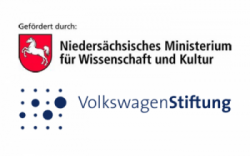HalfLife-Reducing self-and other-directed ageism in the second half of life
Ageism is defined as stereotypes, prejudices, and discrimination towards people because of their age. Given the ageing demographics, the fact that unlike other “isms” we are all bound to experience ageism if we live long enough, and the negative public health impact of ageism, this project will improve the theory and practice of interventions against self- and other-directed ageism among agents (targeters) of ageism in the second half of their life (defined as age 60 and over) by identifying the best interventions to reduce self-directed ageism and ageism towards other older persons. The project innovates by moving research from intergroup to intragroup (within group) relations, thus, acknowledging older persons not only as victims but also as agents of ageism directed towards themselves and towards other older persons. It also recognises the multi-dimensional nature of ageism, including its implicit component. By moving away from a one-size-fits-all approach, I will develop a theoretically informed personalised approach, which considers the characteristics of the agents of ageism and the multidimensional nature of ageism. To do so, I will advance and integrate theory, research, and practice at the local and global levels, capitalising on knowledge derived from lay people, research, policy, and practice stakeholders. Relying on an intervention accelerator, I will conduct lab and field randomised controlled trial tournaments in three highly different countries to develop a portfolio of effective interventions. To ensure the scale-up of the findings, I will develop and support Communities of Practice of practitioners and policy stakeholders at the local and global levels.

